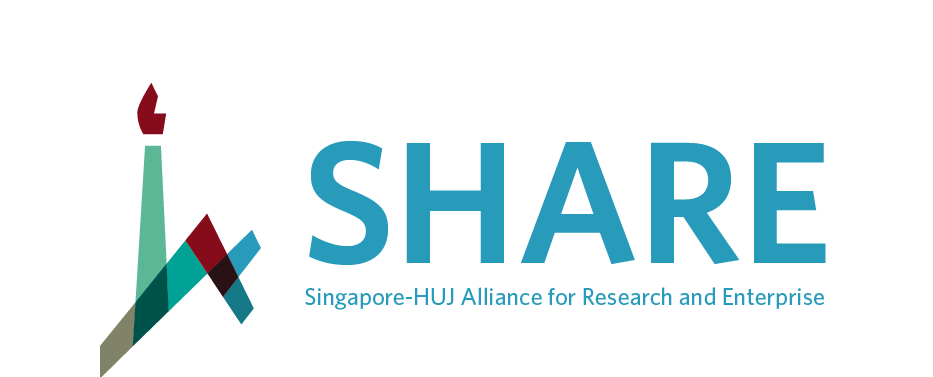The Molecular Mechanisms Underlying Inflammatory Disease 2
The molecular mechanisms underlying inflammatory disease is a joint partnership between the National University of Singapore (NUS) and the Hebrew University of Jerusalem (HUJ) under the Singapore-HUJ Alliance for Research and Enterprise (SHARE).
The project was established by the National Research Foundation of Singapore (NRF) in 2011 under the Campus for Research Excellence and Technological Enterprise (CREATE) and has recently entered Phase II..
The project focuses on advancing an understanding of cellular and molecular mechanisms of inflammation of diseases prevalent in Asia, a field that is currently under-studied. The project comprises a detailed investigation into two themes: the cellular pathways that underlie the initiation of inflammatory signalling; and, inflammatory cell biology and signalling. This forms a coordinated continuum from cellular stress and related sensing pathways (the initiators of inflammation), through to the signalling cascades that are elicited by cellular stress, through to how these signalling pathways influence the activation/functionality of key inflammatory cells, the mast cell, the macrophage and the neutrophil.
Inflammation is the body's response to infection and injury. Prolonged or chronic inflammation may lead to a variety of disease including cancer, neurodegenerative diseases, autoimmune disorders and diabetes. Anti-inflammatory drugs are not always effective in preventing chronic inflammations and can lead to severe side effects. As such, a better understanding of inflammatory processes is necessary in order to produce more powerful and specific drugs, capable of fighting inflammation-related diseases.
The project is presently under the stewardship of Professor Ehud Razin (HUJ) and Professor Paul MacAry (NUS). The team is comprised of world renowned researchers and clinicians from both Singapore and Israel.. This powerful combination of basic and translational research advances the development of promising new drugs for Asian inflammatory disease.
VISION
Become a world-leading institute for inflammation research based in Singapore
MISSION
Develop a comprehensive system based program of inflammation research that involves biochemists, immunologist and pharmacologists and lead to translational outcomes.
Learn more about MMID2 Researchers (hyperlink)

